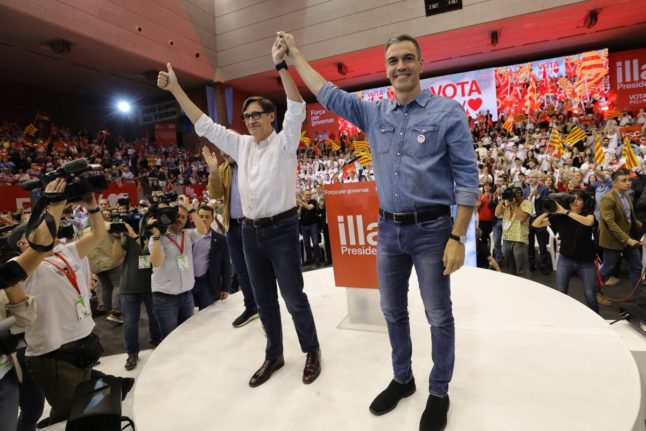The Catalan Regional Health Minister Alba Vergés announced the new restrictions at a press conference on January 4th. Here’s what you need to know.
-
Borders of each municipality will be closed every day of the week. Currently, they are only closed on weekends. Movement is not allowed to visit second homes or to visit family, unless they specifically need care and attention.
-
Meetings are still limited to six people at a time, except on Wednesday January 6th, Three Kings’ Day, when a maximum of 10 will be allowed from two different cohabiting bubbles.
- Shopping centres will have to close once again and only stores of less than 400 meters squared, apart from essential ones, will be allowed to open during those 10 days. All stores, apart from essential ones will also have to close at weekends.
-
Physical activity will only be allowed outdoors, which means all gyms are also to close once again.
-
The curfew remains in force from 10pm to 6am.
-
Restaurants, bars and cafes will also remain unchanged with opening hours only allowed for breakfast between 7.30am and 9.30am and for lunch between 1pm and 3.30pm. Dinners are only allowed for takeaway.
- Leisure and cultural venues will also remain at 50 percent capacity.
Read also: The new Covid-19 restrictions for Three Kings' Day across Spain
“We have to further reduce social interaction because the virus will not let up,” said Vergés. “We must stop the upward trend in figures,” she continued “which forces new social restrictions for 10 days”.
The accumulated incidence rate in Catalonia over the last 14 days has been more than 400 and pressure on hospitals has increased by 27 percent.



 Please whitelist us to continue reading.
Please whitelist us to continue reading.
Member comments